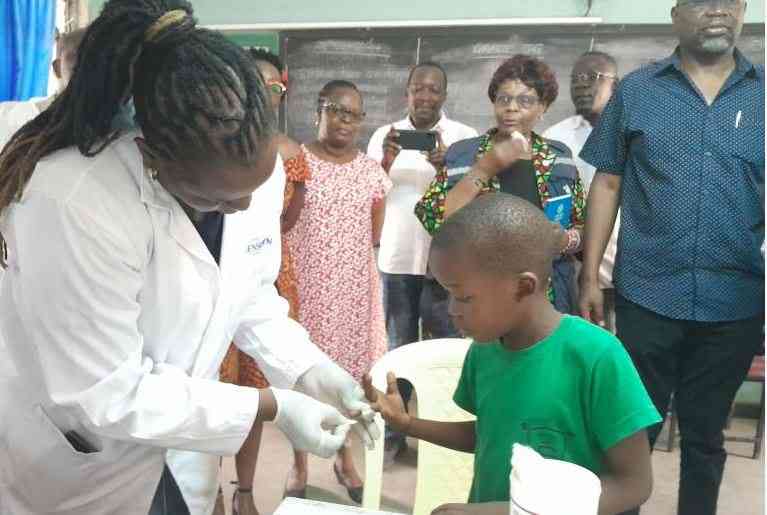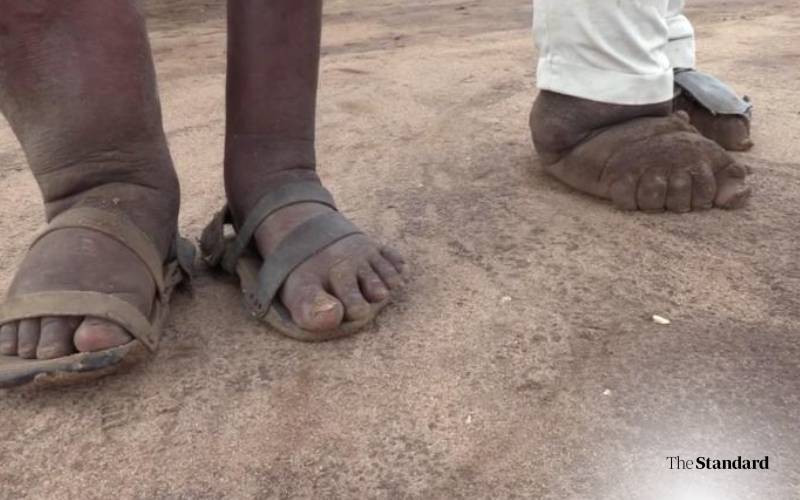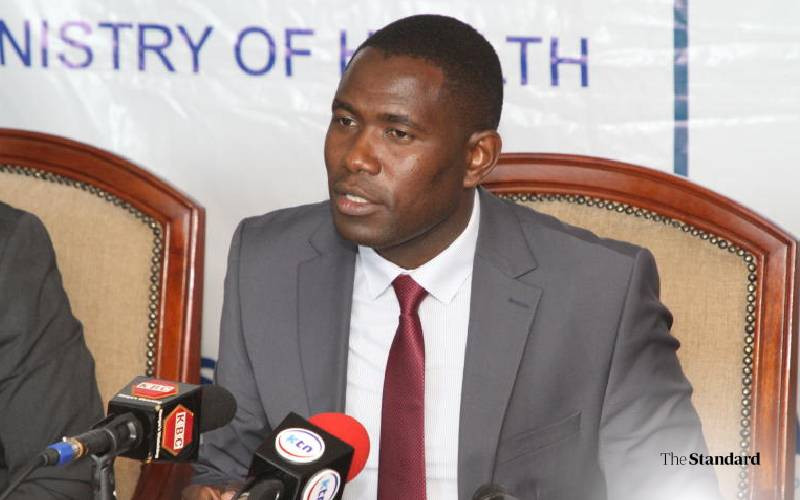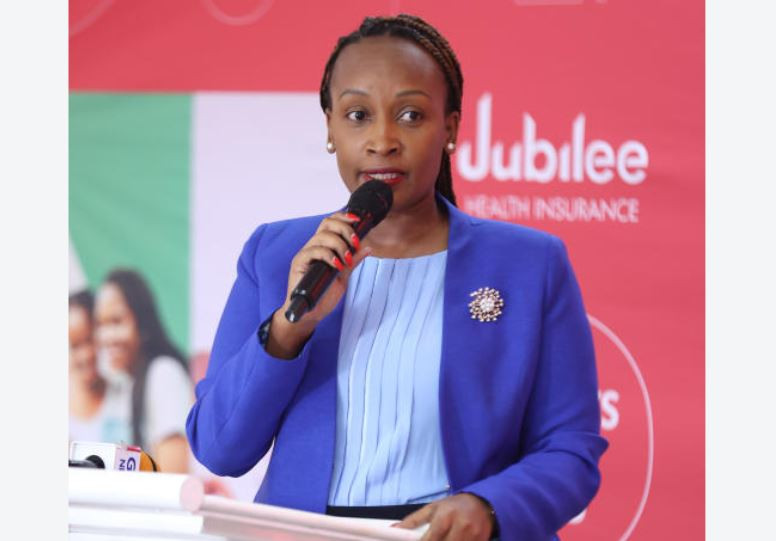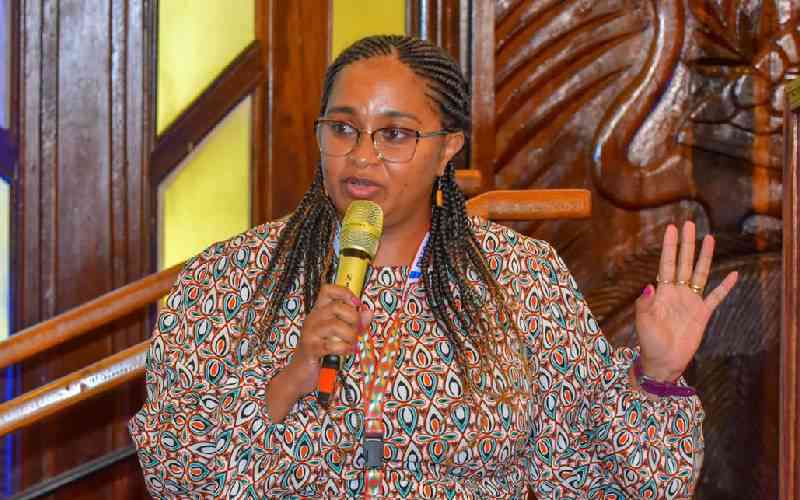
To reverse the slowdown in progress on Reproductive, Maternal, Newborn, Child, and Adolescent Health and Nutrition (RMNCAH&N) during the first half of the Sustainable Development Goals (SDGs) era, urgent and focused efforts are needed across five priority areas: placing a renewed focus on Sub-Saharan Africa, strengthening RMNCAH&N health systems, safeguarding gains amid crises, improving monitoring and accountability, and revitalizing political and financial commitment to RMNCAH&N.
These priorities are outlined in the 2025 Lancet Countdown to 2030 report on women’s, children’s, and adolescents’ health and nutrition, launched on April 14, 2025 by African Population and Health Research Center (APHRC)’s Countdown to 2030 Initiative, in collaboration with The Lancet, Senegal’s Ministry of Health and Social Action, and global partners.
The report provides a comprehensive analysis of global and regional trends in survival, nutrition, health systems, policies, financing, and inequalities. It focuses on 134 low- and middle-income countries, with a spotlight on Sub-Saharan Africa, where nearly three-quarters of maternal deaths and over half of child and adolescent deaths occur.
Despite continued gains in RMNCAH&N, the pace of improvement has slowed significantly since 2015, falling far short of what is needed to meet the 2030 targets. The report attributes this slowdown to:
A deteriorating global context including economic stagnation, conflicts, and climate-related shocks;
Progress in mortality reduction and nutrition is too slow to meet targets.
Persistent inequalities and data gaps hinder effective monitoring.
Limited progress in health systems strengthening; and
A decline in global prioritisation and financing for RMNCAH&N, exacerbated by recent cuts in foreign aid.
To accelerate progress towards the achievement of the Sustainable Development Goals on health, the Countdown 2025 report outlines the following five interconnected priorities:
Explicit Focus on Sub-Saharan Africa
Sub-Saharan Africa faces disproportionate burdens of poverty, fragility, and underfunded health systems. The region accounts for over 72% of maternal deaths and 56% of child and adolescent deaths, yet continues to receive insufficient attention in global initiatives. With over 50% of the population under 20, countries in the region must be prioritised in both global and regional strategies. The report calls for a major, African-led initiative supported by regional institutions and international partners to drive progress in RMNCAH&N.
Strengthening Health Systems for RMNCAH&N
Improvements in health worker availability and retention, budgetary protections for essential services, supply chain resilience, and innovations in service delivery are urgently needed. Health workforce density remains alarmingly low, especially in West and Central Africa. The report emphasises the need for greater domestic investment, combined with sustained donor support, to ensure service availability and quality for women, children, and adolescents.
Safeguarding Progress Against Crises
Economic shocks, debt servicing burdens, conflicts, pandemics, and climate change are eroding health and social gains. In many African countries, more public funds are spent on debt repayments than on health. The Countdown report stresses the need to shield essential services—health, education, and social protection—from austerity measures, particularly in fragile settings.
Monitoring and Accountability
The report identifies critical data gaps, particularly in maternal mortality, adolescent health, quality of care, and subnational inequalities. Many countries still rely heavily on donor-funded household surveys, such as the demographic health survey (DHS), which are now under threat due to funding cuts. The report calls for:
Strengthened civil registration and vital statistics systems (CRVS),
Greater use of routine health data and digital tools,
Investment in methodological innovations (e.g., remote data collection), and
Disaggregated data for equitable decision-making and accountability
Revitalising Commitment to RMNCAH&N
There is an urgent need to reframe RMNCAH&N within broader global priorities, including universal health coverage, non-communicable diseases, and climate resilience. The report argues that investing in women, children, and adolescents not only delivers health benefits but also supports development, equity, and resilience across generations. It calls for enhanced global coordination, stronger country leadership, and renewed financing mechanisms, including domestic resource mobilisation and regional collaboration.
Read the full report here: The 2025 Lancet Countdown to 2030 for Women’s, Children’s, and Adolescents’ Health
Dr Cheikh Mbacké Faye is the Head of APHRC West Africa Regional Office & Director of the Countdown to 2030 Initiative, and Diana Munjuri is a Senior Communications Officer at APHRC, Countdown to 2030 Initiative
 The Standard Group Plc is a multi-media organization with investments in media platforms spanning newspaper print
operations, television, radio broadcasting, digital and online services. The Standard Group is recognized as a
leading multi-media house in Kenya with a key influence in matters of national and international interest.
The Standard Group Plc is a multi-media organization with investments in media platforms spanning newspaper print
operations, television, radio broadcasting, digital and online services. The Standard Group is recognized as a
leading multi-media house in Kenya with a key influence in matters of national and international interest.



